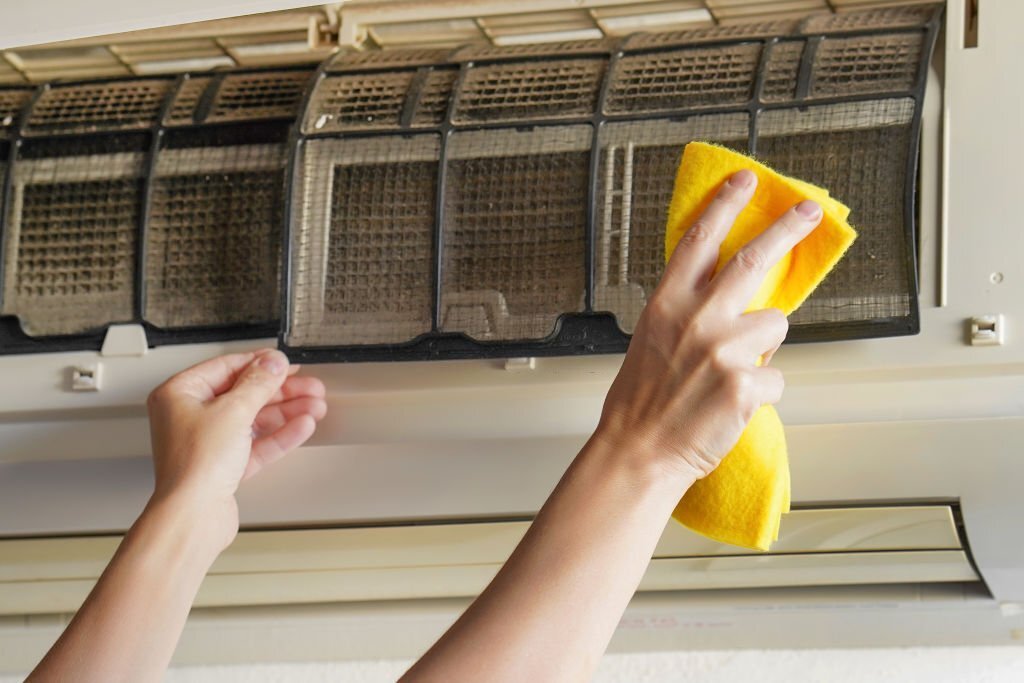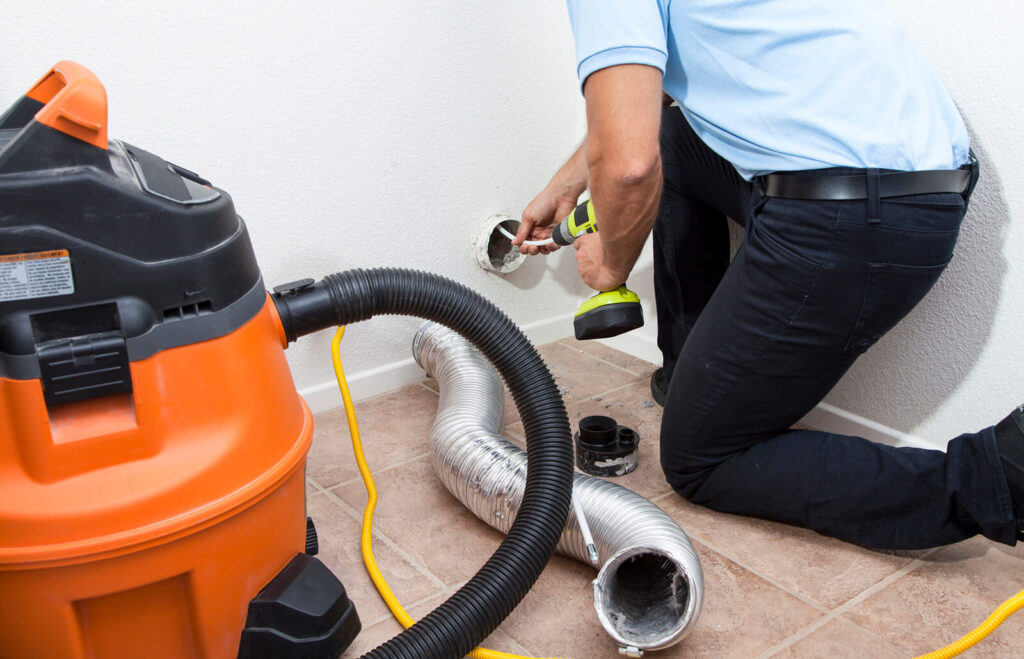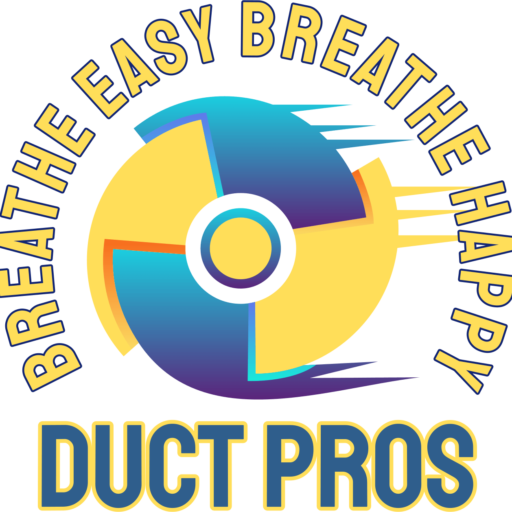Science of Duct Cleaning
Have you ever wondered what lurks within the hidden confines of your home’s ventilation system? Most likely, you haven’t given it much thought, but the truth is that the air ducts in your house play a crucial role in maintaining indoor air quality and, in turn, your overall health. Over time, dust, debris, allergens, and even mold can accumulate within these ducts, circulating throughout your living spaces every time your HVAC system is in operation. This is where duct cleaning comes into the picture a process that goes beyond mere maintenance, with profound implications for your well-being.
Science of Duct Cleaning
The Duct Cleaning Process: Unveiling the Mystery
Duct cleaning is the systematic removal of contaminants from the air ducts and ventilation systems in your home. The process involves thorough cleaning of supply and returns air ducts, grilles, diffusers, registers, heating and cooling coils, as well as other components of the HVAC system. The primary goal is to remove accumulated dirt and pollutants, ensuring that the air circulating inside your home is of the highest possible quality.

The process typically involves the following steps:
Inspection: Professional duct cleaning services begin with a thorough inspection of your HVAC system to assess its condition and the level of contamination. This step helps determine the extent of cleaning required and any potential issues that need attention.
Cleaning Equipment: Specialized tools, such as high-powered vacuums and brushes, are used to dislodge and extract debris from the ducts. These tools can reach deep into the ductwork, ensuring a comprehensive cleaning process.
Dislodging Contaminants: The cleaning process includes loosening and breaking down dust, dirt, and other pollutants present in the ducts. This step prepares them for removal and improves the overall efficiency of the HVAC system.
Removing Contaminants: A powerful vacuum is used to pull out the dislodged contaminants from the ductwork. This step ensures that the pollutants are completely eliminated from your ventilation system.
Sanitization (if necessary): In cases where mold or microbial growth is found, sanitization using appropriate cleaning agents may be carried out to prevent future growth and improve indoor air quality.
Health Implications of Duct Cleaning: Breathing Easier and Feeling Better
Better Indoor Air Quality: As the air ducts get cleaned, the level of dust, allergens, and other pollutants circulating in your home is significantly reduced. This cleaner air is crucial for individuals with allergies, asthma, or respiratory conditions, as well as for maintaining the health and well-being of all occupants.
Reduced Allergens and Irritants: Pollutants such as pet dander, pollen, mold spores, and dust mites can find their way into your ductwork. Regular duct cleaning can help remove these allergens, reducing the risk of allergy symptoms and respiratory issues.

Improved HVAC Efficiency: Clean ducts allow for better airflow, enabling your HVAC system to operate more efficiently. Improved efficiency can result in lower energy consumption, reducing your energy bills in the long run.
Odor Removal: Lingering unpleasant smells in your home might be caused by accumulated dirt and mold within the ducts. Cleaning the ducts can eliminate these sources of odor, leaving your home smelling fresh and clean.
Mold Prevention: Duct cleaning can prevent mold growth by removing the dust and moisture that mold spores thrive on. Mold in your HVAC system can spread through your home, leading to serious health concerns.
When Should You Consider Duct Cleaning?
While duct cleaning offers numerous benefits, it’s not always necessary to have it done on a regular basis. Here are some situations when you should consider getting your air ducts cleaned:
Visible Mold Growth: If you notice mold growth inside the ducts or on other components of your HVAC system, it’s essential to have it promptly and professionally removed.
Excessive Dust and Debris: If you find a large amount of dust and debris being released into your living spaces despite regular cleaning, it might be time to clean your ducts.
Vermin Infestation: If you suspect or find evidence of vermin, such as rodents or insects, in your ductwork, cleaning becomes necessary to eliminate potential health hazards.
Recent Renovations: After completing any significant renovations or construction work in your home, duct cleaning can help remove the dust and debris that may have entered the ventilation system.
Conclusion
Understanding the science behind duct cleaning and its impact on your health is essential in maintaining a healthy indoor environment. Regular duct cleaning can significantly improve indoor air quality, reduce allergens, and enhance the overall efficiency of your HVAC system. While it may not be necessary to clean your ducts every year, periodic cleaning is beneficial, especially under specific circumstances.
When considering duct cleaning, it is crucial to hire a reputable and experienced professional service to ensure a thorough and effective process. Taking care of your ducts means taking care of your health and creating a comfortable living space for you and your loved ones. So, next time you turn on your HVAC system, take a deep breath of fresh, clean air, and breathe easy knowing that you’ve invested in the science of duct cleaning for a healthier home.

